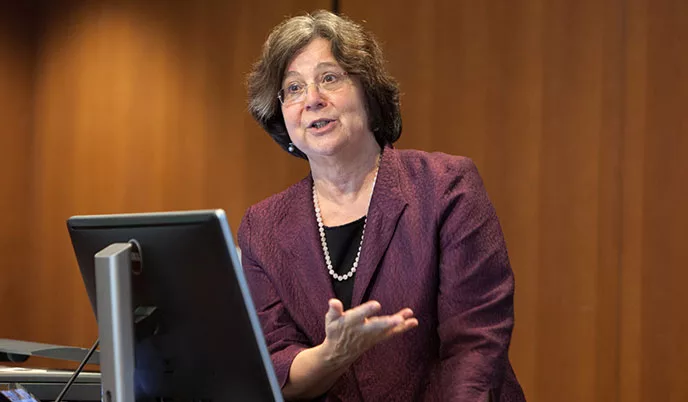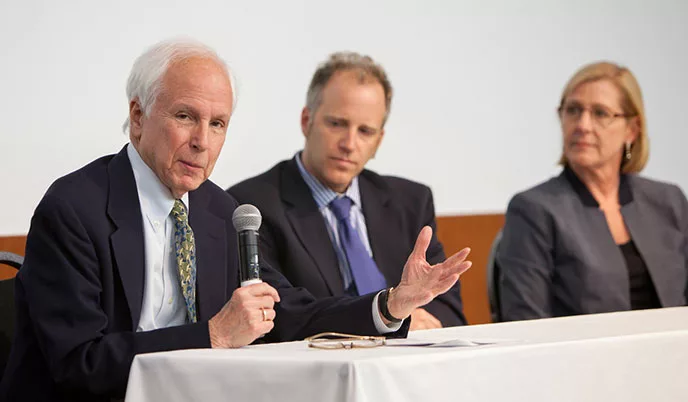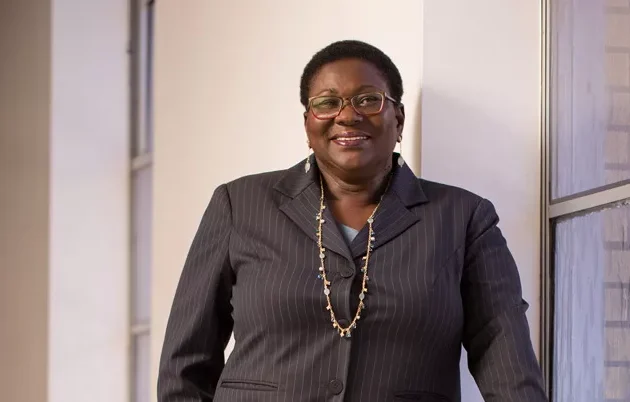In 1968, Richard Lower, MD, was charged with murder for removing a heart from an African-American patient who had fallen and hit his head, and had been deemed to be in an irreversible coma.
Neurosurgeons tried to save the patient’s life but determined that he wouldn’t survive.
“Lower apparently called the police to find the man’s family for consent because he had a patient ready to go, and they wanted to use the man’s heart,” Mezrich said. “They couldn’t find the family — and it’s unclear if they tried very hard, because within 24 hours, they had him in the operating room to do the transplant.”
The neurologist noted in the chart that the patient was unrecoverable, and he disconnected the patient’s ventilator for five minutes. The note didn’t mention his heart stopping or why the neurologist made that choice, but surgeons did the transplant.
“Later that night, the donor’s brother came to the hospital asking what happened to his brother,” said Mezrich. “It turns out the donor had a family. Lower was sued and charged for accelerating the man’s death.”
Mezrich said, “Lower ended up winning the trial, partially because, in between the procurement and trial, the definition of brain death was established. But it is clear that confusion or differences of opinion about what constitutes death can lead to controversy in obtaining donor organs.”
In 1968, a Harvard ad hoc committee discussed criteria for irreversible coma and brain death; it published in the Journal of the American Medical Association controversial conclusions aimed at defining irreversible coma as a new criterion for death.
“Despite the controversy, only about 2 percent of patients become brain dead, so the other way we do organ donation is donation after cardiac death (DCD), when families decide to withdraw support,” said Mezrich. “The family comes into the operating room with the physician, who will withdraw support. If the patient dies fairly quickly, surgeons can procure the organs.”
Studies about DCD show that fewer organs are recovered and many organs don’t do as well as other types of donations.
“An increasing number of physicians and ethicists think it’s time to get rid of the dead-donor rule,” said Norman Fost, MD, MPH, professor emeritus, Departments of Pediatrics and Medical History and Bioethics. “The primary reasons for redefining death 40 years ago were based on false claims. It is a major contributor to the imbalance between organ demand and supply. Revising the rule would prevent many avoidable deaths [among recipients]; save many from undergoing dialysis, which is much more expensive than transplantation; and respect donors’ and donor families’ preferences.”




